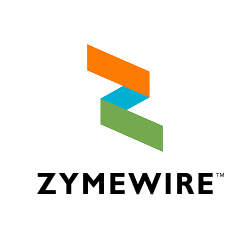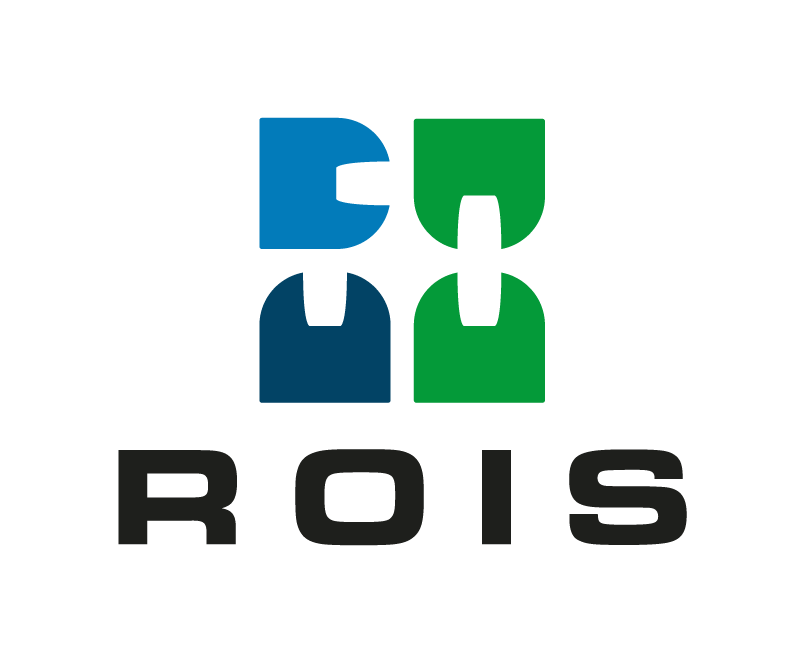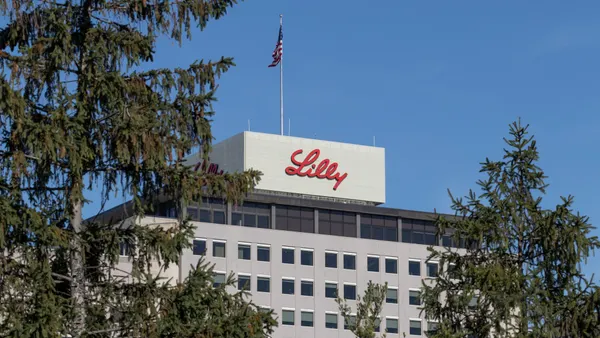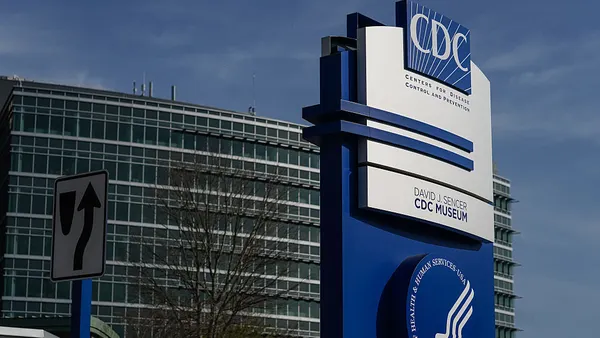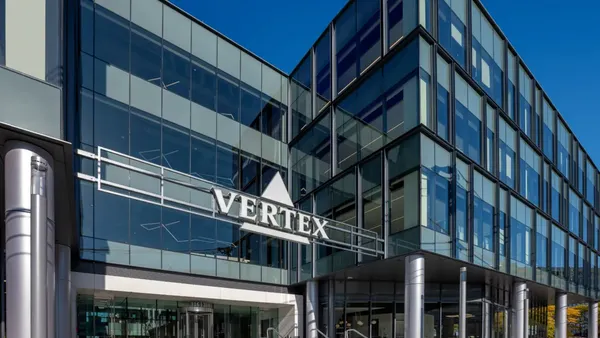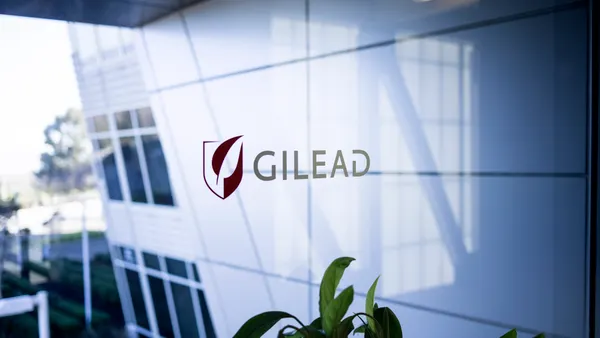A key regulatory committee that influences whether new drugs enter the European market has voted against Leqembi, Eisai and Biogen’s prized medicine for Alzheimer’s disease.
During a meeting this week, the European Medicines Agency committee concluded the medicine’s safety risks outweigh its possible benefits. Of particular concern, according to the regulators, is the “frequent occurrence” of brain swelling and microbleeds associated with Leqembi and other Alzheimer’s drugs that work like it.
Eisai plans to appeal the decision. The re-examination process can take around five to six months, after which a final recommendation is issued.
For Eisai and Biogen, the committee’s negative opinion further complicates an already challenging launch. Leqembi is approved in the U.S., Japan and China, and while its rollout has been more successful than that of an earlier Alzheimer's drug developed by the companies, prescriptions and sales still aren’t very high. Over the first three months of this year, Leqembi sales totaled about $19 million.
An approval in Europe would provide a commercial lift. Brian Abrahams, an analyst at the investment firm RBC Capital Markets, has estimated that, at their peak, annual Leqembi sales would reach $8.3 billion, with 20% coming from the European market.
In a note to clients, Abrahams called the committee’s initial ruling “somewhat surprising.” Doctors, he wrote, have become “reasonably comfortable” with the class of medicines that Leqembi is part of, and appeared to be embracing these drugs more despite their side effects.
The class, which also includes Eli Lilly’s recently approved Kisunla, works by clearing clumps of a toxic protein called amyloid beta form the brain. The ruling is “likely to somewhat hamper global perceptions and momentum for the drug and the class,” Abrahams wrote.
Wall Street is now speculating on the probability that Eisai would win an appeal. Based on past re-examinations, the team at RBC believes the odds of success are 20%, while Jefferies analyst Michael Yee has them higher, at around 40%. “But to be clear, our expectations would be very low, and it could result in a narrow label or other issues anyway,” Yee wrote in his own note to clients.
Ahead of its decision, the committee asked a panel of independent scientists for advice on the Leqembi application. According to Evercore ISI Umer Raffat, among the eight-person panel, none were overwhelmingly positive but two were “super” negative.
In the appeal process, two different committee members are appointed to lead the application review. Votes can “change majorly” during a re-examination, so Eisai’s attempt at a reversal is “doable,” Raffat wrote in a note.
Even so, “Eisai will have to make a very emphatic case,” he wrote.
Shares of Biogen fell more than 6% Friday morning, while those of Eisai that trade in the U.S. markets were down by as much as 8%.









